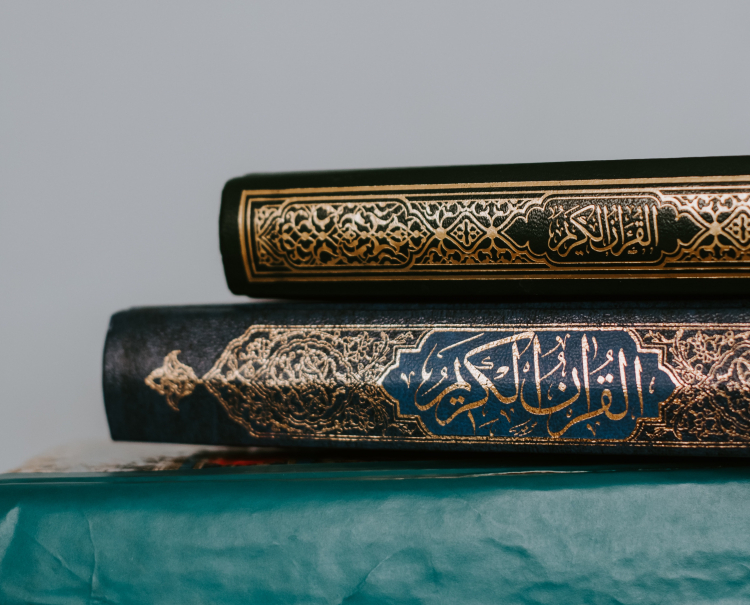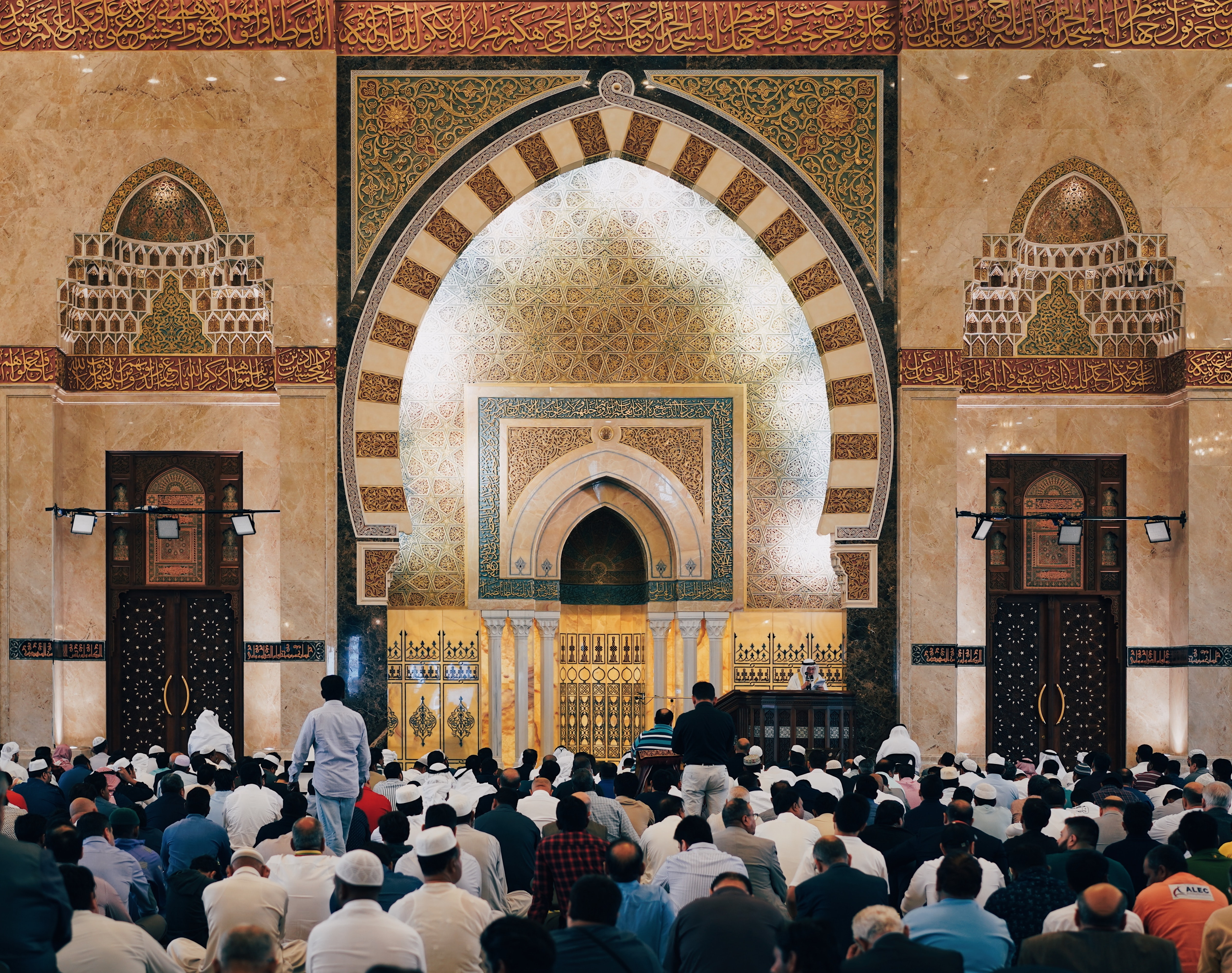Redefining Ramadan at AUP

For the past month, Muslims across the world have been observing Ramadan. Understood as the Muslim holy month, the world's 1.6 billion Muslims have all observed this time in many different ways.
Ramadan is the ninth month of the Muslim lunar calendar, and it is believed that God revealed the first verses of the Qur’an to the Prophet Mohamed during this month. Ramadan is observed by fasting from sunset to sundown which is one of the Five Pillars of Islam outlined in the Qur'an.
Ramadan is also as a month of spiritual discipline, and an opportunity for Muslims to deepen their relationship with God. Ramadan also helps to develop compassion: by fasting, believers come to understand the struggle of the poor and needy and can feel the duty to help those in need.
At AUP, Muslim students have created their own meanings and practices for this holy month. “Ramadan is a time where I can reflect on my past year. It’s similar to the way people see the New Year. It’s a time for me to reflect and create new goals for myself, both in a religious and a personal way,” said Sara Bashiti, sophomore and president of the Arabesque club.
Although Ramadan is a Muslim practice, students of other faiths also tried their hand at fasting this year. “Last year, I participated in fasting because of my roommate who is Muslim,” said sophomore Yasmeen Roundtree. “This year, fasting really allowed my mind to wander and to explore my own spirituality.”
Image credit: Rumman Amin/UnsplashSeparated from their families and communities at home, many students have spent this Ramadan adjusting to fasting in Paris. “I think Paris might be one of the worst places to fast, only because eating is such a big part of the culture here. Everyone is always talking about going out to lunch, and there’s a café at literally every corner. Getting together over food is even such a big way for people to socialize,” said Roundtree.
Perhaps most importantly, students have also expressed a need for recognition from the university. “I think that especially in a city with such a large Muslim minority, it is important to put AUP’s message of inclusivity and cultural diversity behind the recognition and awareness of Ramadan and other religious holidays. It would benefit the school to show that they acknowledge and recognize Ramadan, which could have an influence on the members of our community.” said Bashiti.








